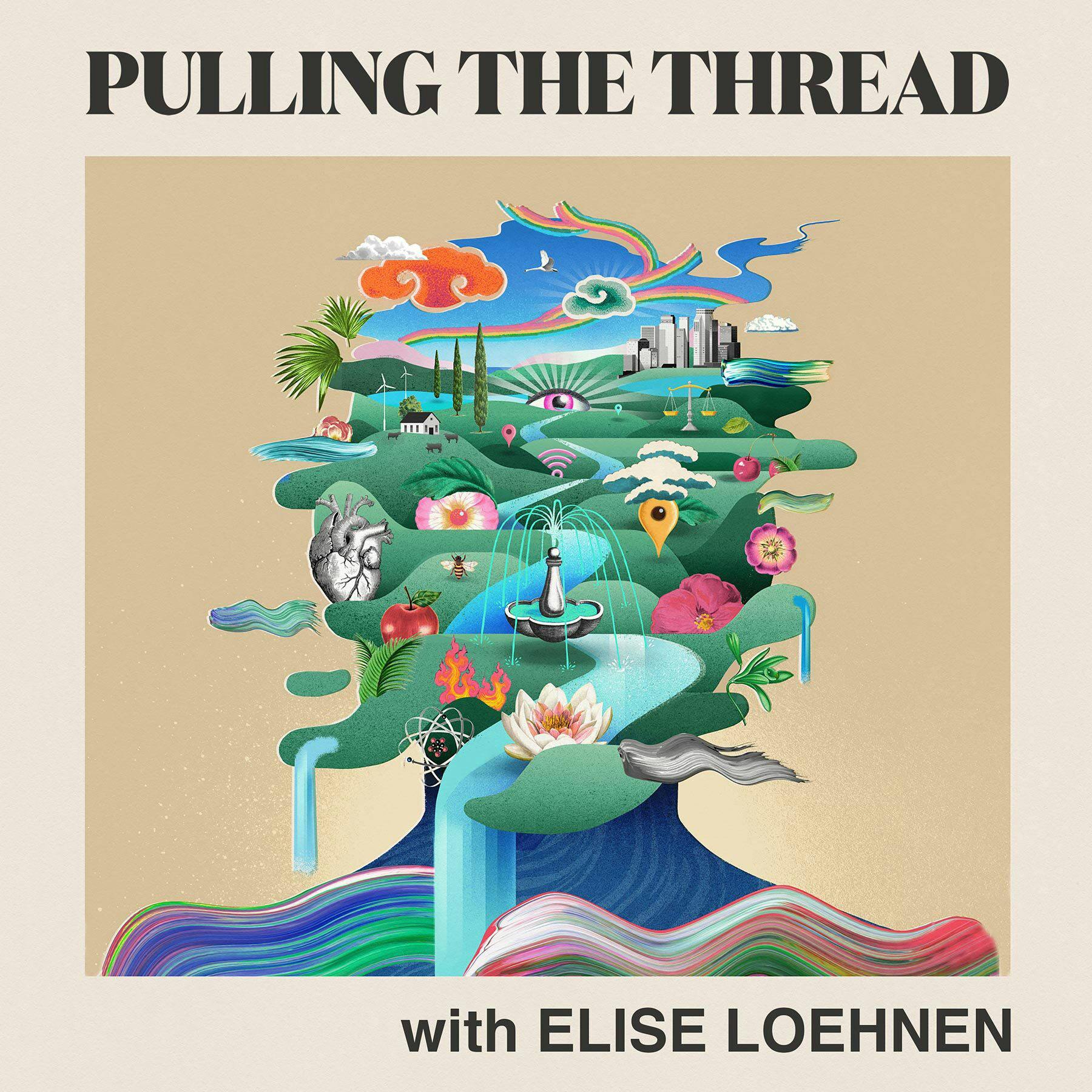How Science Got Women Wrong (Angela Saini)

\u201cBut what I do do is whenever I read an academic paper is I read around it. I don't just take that as given or assume that that's, you know, now cast in stone and science has nowhere else to go after this paper has been written, but that it sits in a context of other research, um, and evolving. It's always evolving. It's moving towards the truth. It's sometimes very faltering, really the history of sex difference research and race difference research, I think is a really good example of how faltering it can be and how orthodoxies can get created and take a really long time to be corrected. Um, but if you understand it in that historical context, then I think it's easier to accept science for what it is, which is a journey towards truth, rather than assuming that it's already there,\u201d so says Angela Saini, an independent British science journalist, author, and the founder of the \u2018Challenging Pseudoscience\u2019 group at the Royal Institution. Angela joins me today to talk about science as fact, and the nuance that comes when we introduce human bias to the equation through interpretation. While Angela originally found a home in the objective and rational field of engineering, she tells us it was her experience as a journalist that opened her eyes to the vested interests and motivations within the scientific community that influenced the research and answers being published and touted as fact.\xa0\nAngela has since written two books interrogating the divisive politics embedded in the science of human difference, Inferior: How Science Got Women Wrong-And the New Research That's Rewriting the Story and\xa0Superior: The Return of Race Science. Whether it is sex research or race research, certain long-tentacled orthodoxies get created, she tells us, permeating our culture and eliminating any nuance from the conversation. Angela\u2019s work encourages us to dismantle these orthodoxies, which have for so long sat uncomfortably with our lived experiences, and instead, to think more critically about what we assume to be \u201cthe norm\u201d. We get into the way our cultural training has impacted our natural genetic destiny, how easy it is to slip into essentialist ideas of what it means to be a woman, and how important it is to embrace intersectional arguments when we talk about equality. When we reflect on who we really are, not just who we have been told to be, she tells us, we open up all the possibilities there are for being human. OK, let's get to our conversation.\n\nEPISODE HIGHLIGHTS:\n\nInterrogating the politics behind the science of human difference\u2026\n\nExtricating culture from nature\u2026\n\nThere is no one way to be a woman\u2026\n\n\nMORE FROM ANGELA SAINI:\nInferior: How Science Got Women Wrong-And the New Research That's Rewriting the Story\nSuperior: The Return of Race Science\nWatch her 2019 BBC Documentary - Eugenics: Science's Greatest Scandal\nAngela's Website\nFollow Angela on Instagram\n \nTo learn more about listener data and our privacy practices visit: https://www.audacyinc.com/privacy-policy\n \n Learn more about your ad choices. Visit https://podcastchoices.com/adchoices